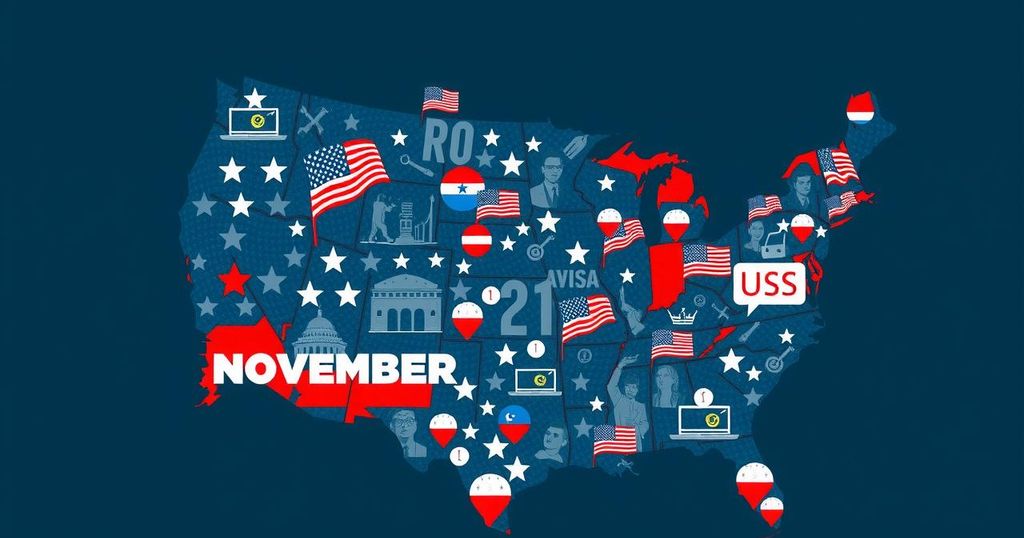The Historical Origins of Election Day in the United States
The U.S. presidential election takes place on the first Tuesday after the first Monday in November, a practice established in the mid-1800s. This system was put in place to unify the election dates across states and was influenced heavily by the agricultural lifestyle of that era. Tuesday was selected for elections to avoid conflicts with religious observances and market days, thus providing a practical solution for farmers needing to travel to polling places.
Americans participate in the electoral process on November 5, a ritual that has persisted since the mid-1800s. Unlike many nations, which have varying election days, the United States mandates that presidential elections occur on the first Tuesday following the first Monday in November. This tradition, while longstanding, is perhaps less understood in its origins and rationale. Historically, prior to the mid-1800s, it was common for states to set their own election dates, with elections occurring in the weeks leading up to the Electoral College meeting in December. For instance, the 1844 presidential election was observed over a month from early November to early December. However, critics raised concerns about this inconsistent system, arguing that staggered voting periods could unfairly sway outcomes based on early results. Hence, in 1845, the United States Congress passed legislation to unify the presidential election date across all states, designating it as “on the Tuesday next after the first Monday in the month of November.” The choice of Tuesday and November is directly linked to agricultural practices and the lifestyle of early American citizens, predominantly farmers. November was selected as the election month because it did not clash with key agricultural activities such as spring planting or autumn harvesting. Furthermore, it was a time before the onset of harsh winter conditions. Moreover, the geographical realities of the time compelled leaders to account for travel. Many voters dwelled in rural locales, necessitating extended travel to reach polling sites. Election days needed to accommodate these logistical considerations. Sundays were ruled out due to religious observances, while Wednesdays typically served as market days for farmers, rendering them unsuitable for voting as well. Consequently, Tuesday emerged as the most practical option for conducting elections.
The choice of a nationwide election day in the United States has its roots in the agricultural lifestyle prevalent among Americans in the 1800s, along with societal norms of the time. Prior to the establishment of a uniform voting day, states independently scheduled elections, leading to potential discrepancies in outcomes. The legislation passed in 1845 not only unified the election date, but it also aimed to eliminate the influence of early voting outcomes on later voters. Understanding the historical context of election scheduling is crucial to grasping why such dates and days were deemed appropriate.
In summary, the designation of the first Tuesday after the first Monday in November for the U.S. presidential election is deeply tied to the agricultural practices of the 19th century and societal norms. Tuesday was selected as the most convenient day for voters, who were often engaged in farming and reliant on seasonally appropriate timings for travel. This decision reflects both the historic context and the practical considerations of early American society. As Americans head to the polls this November, they participate in a tradition that has roots in the nation’s agricultural past, emphasizing the careful deliberation that shaped electoral processes in the United States.
Original Source: www.aljazeera.com




Post Comment